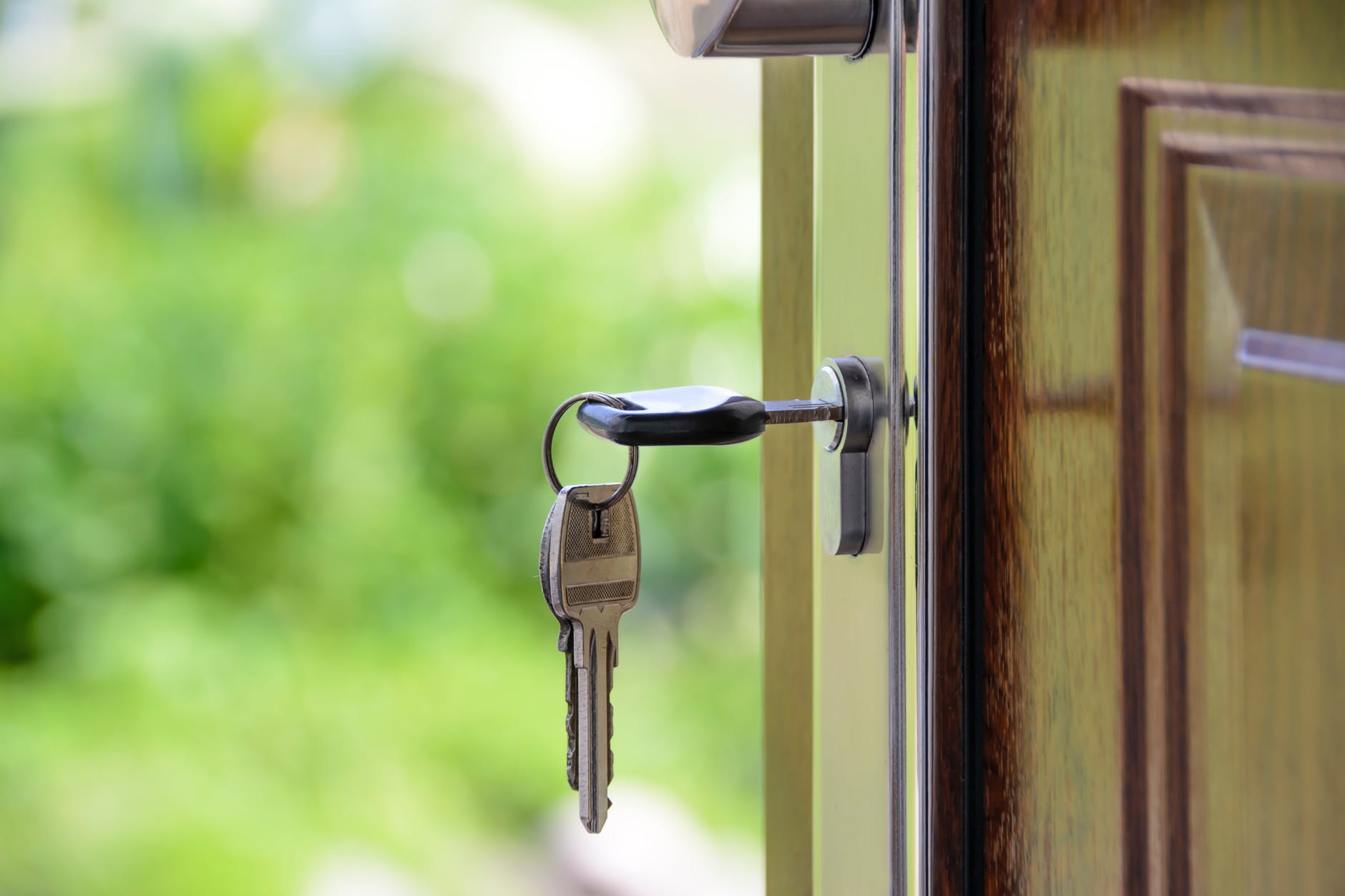If you’ve picked your firm university choice then the next thing you need to do is apply for university accommodation for your first year. There are four options available to you: university accommodation, private halls, private housing, and living at home.
University Halls
Living in university owned accommodation is one of the most convenient options when moving to the new city as you don’t have to worry about house hunting or finding housemates.The majority of university accommodation is close to the university which makes making that 9am lecture a lot easier.
University halls are often guaranteed for first year students and serve as a brilliant ‘halfway house’ between moving out of home and becoming independent. Utilities will be put together and included in your contract price so you don’t have to worry about organising and paying your different bills. You will be supported by the university if there are any maintenance or flatmate issues.
Halls are a brilliant way to make friends as you’ll be living with students who’ve moved away from home for the first time in the same boat as you. Halls often have their own sports teams and events so they’re great for your social life.
However, you don’t get to choose who you live with. Whilst universities try to pair people based on their preferences, you may be in a situation where you don’t like your flatmates. You’ll be sharing common spaces with people who have different schedules and different standards of cleanliness to you..
What are your options?
Catered accommodation is when meals are included in the price. If you’re not one for cooking then this could be the option for you. There will be a dinning hall with breakfast, lunch, and dinner served, think a nicer version of school dinners. You will also have a small kitchen in your shared accommodation block. These tend to be a lot more expensive than non-catered and there are some dietary restrictions and opening hours that you may find do not fit around your schedule.
Non-catering gives students the freedom to cook whatever they like. Non-catered accommodation has a larger kitchen area, and you only pay for the food you eat instead of paying a set amount for meals regardless of if you’re eating them.
Within the catered and non-catered section you have to decide if you would like an en-suite or to share a bathroom. If I’m sharing accommodation you will share a bathroom with multiple shower cubicles/toilet rooms with your flat mates. The bathroom will be cleaned by maintenance staff a few times a month. En-suite rooms are more expensive so you have to weigh up if having a private bathroom is worth It.
Quick Questions
- Do you have to live in halls? no
- Can someone who isn’t a student live with me? No
- Pets? No
- Are they furnished? Usually.
- Can you get single sex flats? Yes, when applying for accommodation put in a request for a single sex flat.
- Do I have my own room? Yes, most of the time. Some universities have halls with a shared room. If you don't want to share a room, don't apply for shared halls.
When choosing accommodation there are lots of things to consider – price, number of roomates, distances from university, contract length – some are full year some are less, modern or not modern. Make sure you do your research, visit the accommodation on Applicant Open Days or go on online accommodation tours.
Special Requirements
If you have any special requirements that might impact on your accommodation needs, mention our application form. E.g. female only, health requirements, wheelchair access, etc. Universities will fulfil reasonable adjustments. Lots of universities will have a questionnaire for you to fill out to match you with housemates with similar personalities/values. Some universities try to pair vegetarians together/some people from the same city.
Accommodation through Clearing
First years are often guaranteed accommodation regardless of if you went through Clearing. Read our handy guide to Clearing accommodation to find out more.
Private Halls of Residence
If you’re unable to get a place in halls private halls of residence may be an option for you. Private halls tend to be state of the art university residence flats. They follow a similar layout to university owned accommodation with shared flats, but tend to be a lot nicer and bigger. Private halls normally have larger rooms, ensuite, double beds, gyms, cinema rooms etc. They are a lot more expensive that university halls, and tend to have a full 52 week contract as they’re popular with international students.
Private halls are very common in large cities like London and Manchester due to high student numbers. The halls aren’t necessarily for just one university so you may be living with a mixture of students from around the city.
Private halls providers:
- Unite Students
- iQ Student Accommodation
- The Student Housing Company
- My Student Halls
- Liberty Living
Off-Campus Housing
For many students the idea of living off campus in your first year is the end of the world. They think that socialising starts and ends with halls. This is not the case, your social life will survive. Whilst lots of people make friends with their flatmates on campus, many people don’t. There was no guarantee you’d get on with your first-year flatmates. You’ll have endless opportunities to make friends who live in halls– on your course, through clubs and societies, on nights out, friends of friends etc.
Living off campus has lots of benefits to halls. Private housing is often a lot cheaper than halls of residence and are quieter. When the noise of halls gets too much your friends will be glad to have a place to escape to off campus! You normally get a 52-week contract and larger rooms with a DOUBLE bed (most halls have single beds). Whilst the houses won’t be on campus, they’ll be in the city centre or short walk/bus ride away from university so you get to see way more of your university town outside of the campus bubble.
However, private housing often requires a larger deposit and it’s harder to get out of your tenancy if you don’t like your housemates/decide the university isn’t for you and want to drop out. When living in private housing be sure to read every word of your contract and speak to your landlord/letting agent about whose responsibility it is if appliances such as the washing machine break.
--
Find out more about choosing accommodation here






